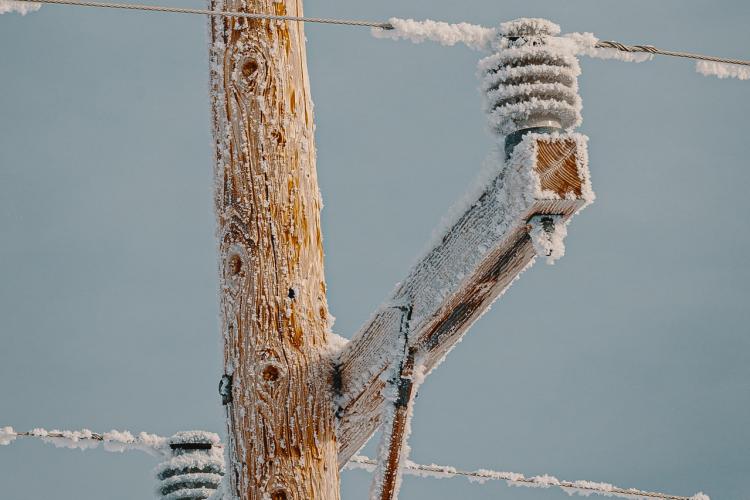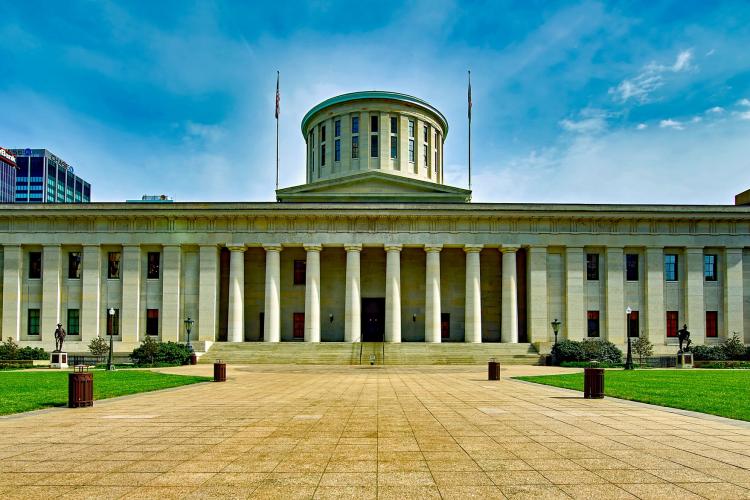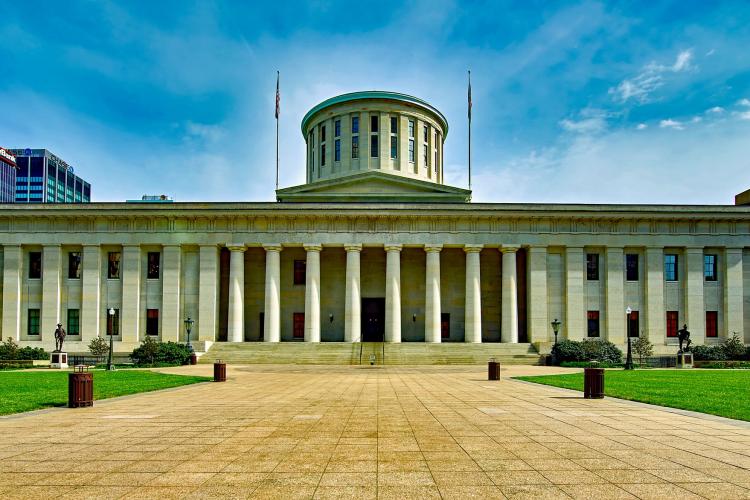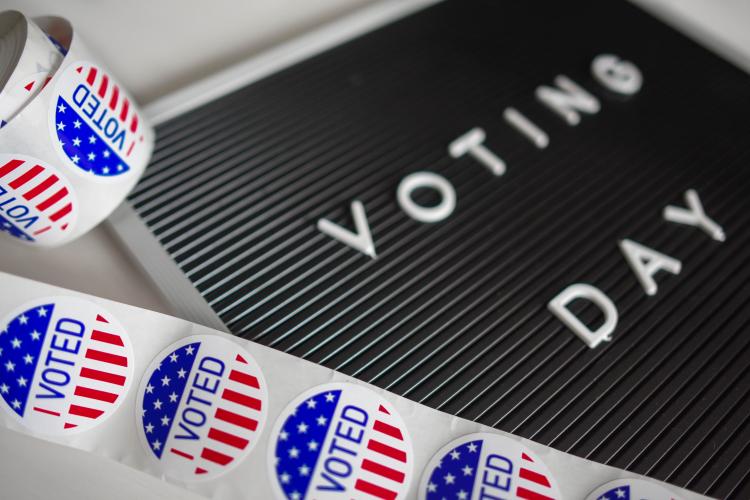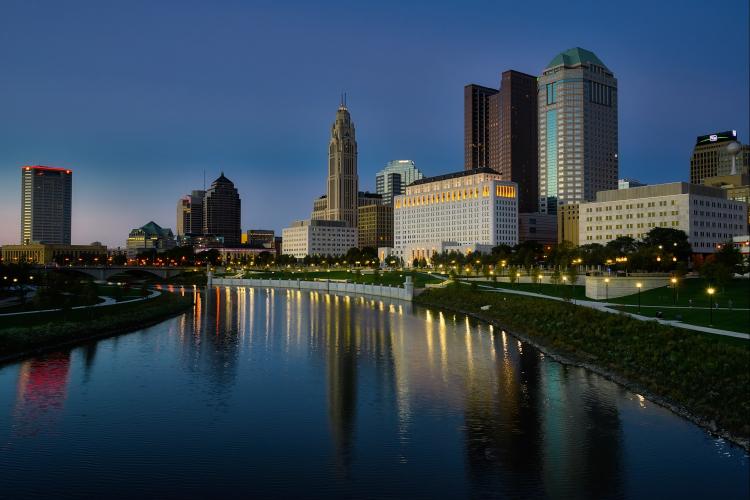Ohio Utilities Move Forward, Face Hurdles with Energy Efficiency
MEEA’s mission to support and advance energy efficiency across the Midwest typically takes shape as promoting supportive policies and the positive impact of EE like new jobs, energy savings, economic impacts and environmental benefits. From time to time, though, the Midwest experiences challenges to energy efficiency. New polices in Ohio have become the greatest barrier to energy efficiency in the Midwest right now, essentially ending all EE programs on December 31, 2020. How did we get here when energy efficiency has continuously been recognized for both economic and environmental benefits?
